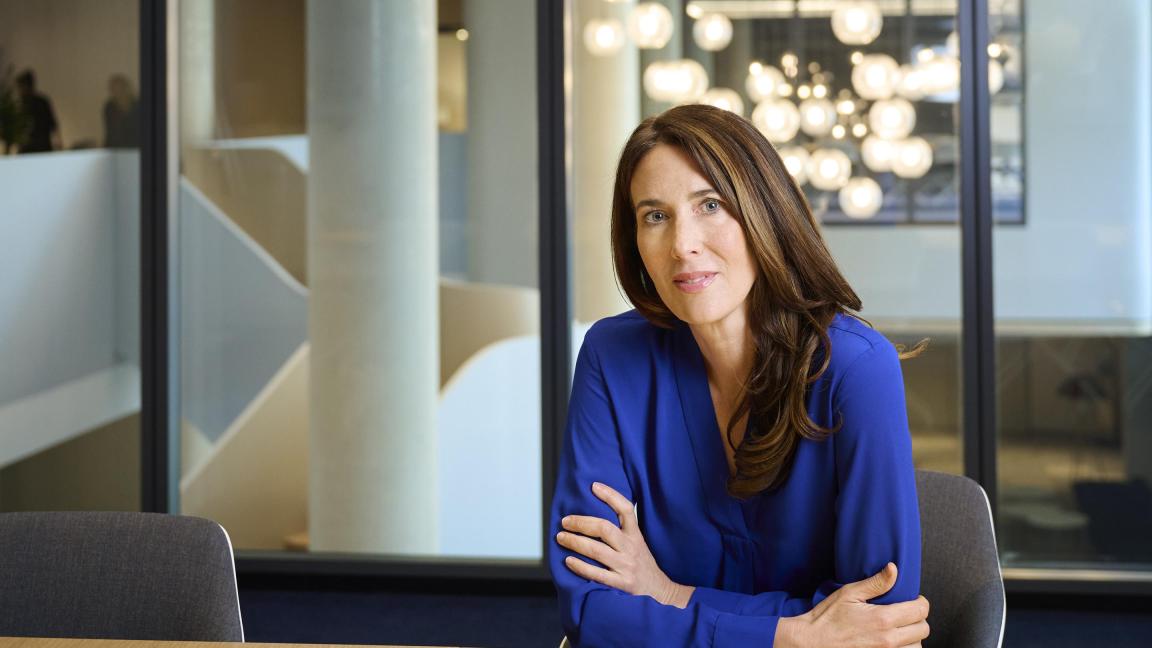Deutsche Gesellschaft für Internationale Zusammenarbeit (GIZ) GmbH has worked in Nigeria since 1974. Since 2004, GIZ has maintained a country office in the capital city, Abuja.
With a population of over 190 million, Nigeria accounts for almost half the population of West Africa. Nigeria’s economy is largely dependent on oil revenues. Over the past years, falling oil prices, internal conflict, and a devaluating currency have led the country into a recession. Although Nigeria is slowly recovering from this economic downturn, inclusive economic growth remains a distant goal. More than two-thirds of the population continue to live in extreme poverty. Poor access to social services, education and vocational training, as well as high unemployment remain major challenges. Nigerians also account for the highest number of irregular migrants to Europe from Africa, and currently make up the third largest share of asylum applications in Germany. Another key challenge concerns the unreliable supply of electricity, with more than half of the population having no access to steady electricity.
Our work on site: For employment and energy supply
GIZ’s activities in Nigeria are commissioned by the German Federal Ministry for Economic Cooperation and Development (BMZ) and the German Federal Foreign Office (AA). Other partners include the European Union in the fields of peace and security and energy and the Bill & Melinda Gates Foundation in the field of agricultural value chains. The activities focus on the following:
- Economic Development and Employment
- Security, Reconstruction and Peace
- Governance and Democracy
In the focal area of economic development and employment, GIZ aims to increase employment and income generation, as well as access to finances for micro, small and medium-sized enterprises. Through demand-oriented vocational training measures, GIZ assists partners to adapt vocational training programmes to market needs. In support of BMZ’s Digital Africa Initiative, an enabling environment is established for young tech entrepreneurs. Along various agricultural value chains, GIZ further strengthens the income, employment and food security of smallholder farmers.
Moreover, GIZ provides migration and reintegration advice to both returning migrants and the local population, and carries out employability promotion measures, including referral services to targeted vocational skills development and entrepreneurial trainings.
To address the challenge of erratic power supplies, projects provide advisory services to improve conditions for access to, application of, and investments in renewable energy, energy efficiency and rural electrification. This includes the aim to provide 100,000 people in rural areas with access to more stable electricity via solar power.
Following the devastating impact of the Boko Haram insurgency, GIZ further supports the northeast in improving living conditions for internally displaced persons and host communities. Furthermore, GIZ is building the capacity and structure of the national police to aid in peace and security while also strengthening capacities for peace and conflict resolution among farmers and herders in central Nigeria.
In the field of governance, GIZ builds the capacity of Nigeria’s Supreme Audit Institution in the development and implementation of an IT Audit strategy. The Civil Society Legislative Advocacy Centre (CISLAC) is being supported and has been accredited as a Transparency International Chapter in Nigeria.
At the regional level, GIZ supports the ECOWAS Commission in the areas of organisational development, trade and customs, peace and security, as well as pandemic disease preparedness, and activities centred around border management and cross-border cooperation.
GIZ also supports government and civil society partners in their work with the Global Fund to Fight AIDS, Tuberculosis and Malaria. This supports improving people’s access to prevention, diagnosis and treatment measures for HIV, tuberculosis and malaria, as well as to other health services.
Nigeria in brief
GIZ local staff
As of: 31.12.2025
- 505 National employees
- 59 International employees
- 3 Development workers
- 3 Integrated experts
Insights


